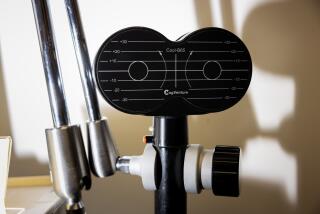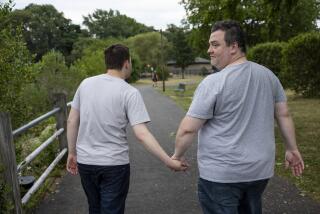Autism treatments often lack solid evidence of effectiveness, study finds
- Share via
Autism treatments range from medications to behavioral therapies to alternative medical practices. But too few treatments are backed by solid evidence, according to a series of studies released Monday in the journal Pediatrics.
The analyses, funded by the Agency for Healthcare Research and Quality, reviewed studies that were published between 2000 and May, 2010, on autism spectrum disorders. The studies were aimed at interventions for children 12 or younger.
For medications, researchers found poor evidence of benefit for most of the drugs used to treat autism symptoms. While antipsychotic medications help prevent hyperactive and repetitive behavior, they are fraught with serious side effects. There is little evidence that other medications, such as antidepressants and stimulants, are beneficial.
“Although many children with autism spectrum disorders are currently treated with medical interventions, strikingly little evidence exists to support clear benefit for most medications,” the authors wrote.
A second paper focused on behavioral treatments for young children. Of 34 studies examined, evidence of effectiveness was seen for intensive interventions that focus on specific behaviors. These include the UCLA/Lovaas approach and the Early Start Denver Model.
Parent training may also be useful for younger children, the authors noted. “... particularly for improving social communication, language use, and, potentially, symptom severity and family functioning, but the current evidence base for such treatment remains insufficient.”
The paper noted, however, that many behavioral treatment studies were flawed in some manner and there was not enough evidence to support any single approach as the most effective.
A third study reviewed evidence for the drug secretin, a neurotransmitter used to treat ulcers. It is sometimes prescribed to children with autism to help resolve stomach and digestive problems and improve behavior. However, the authors found strong evidence that secretin is not helpful to children with autism.
Related: Autism Awareness Month: Best places to live if you have autism
Return to Booster Shots blog.
More to Read
Sign up for The Wild
We’ll help you find the best places to hike, bike and run, as well as the perfect silent spots for meditation and yoga.
You may occasionally receive promotional content from the Los Angeles Times.










